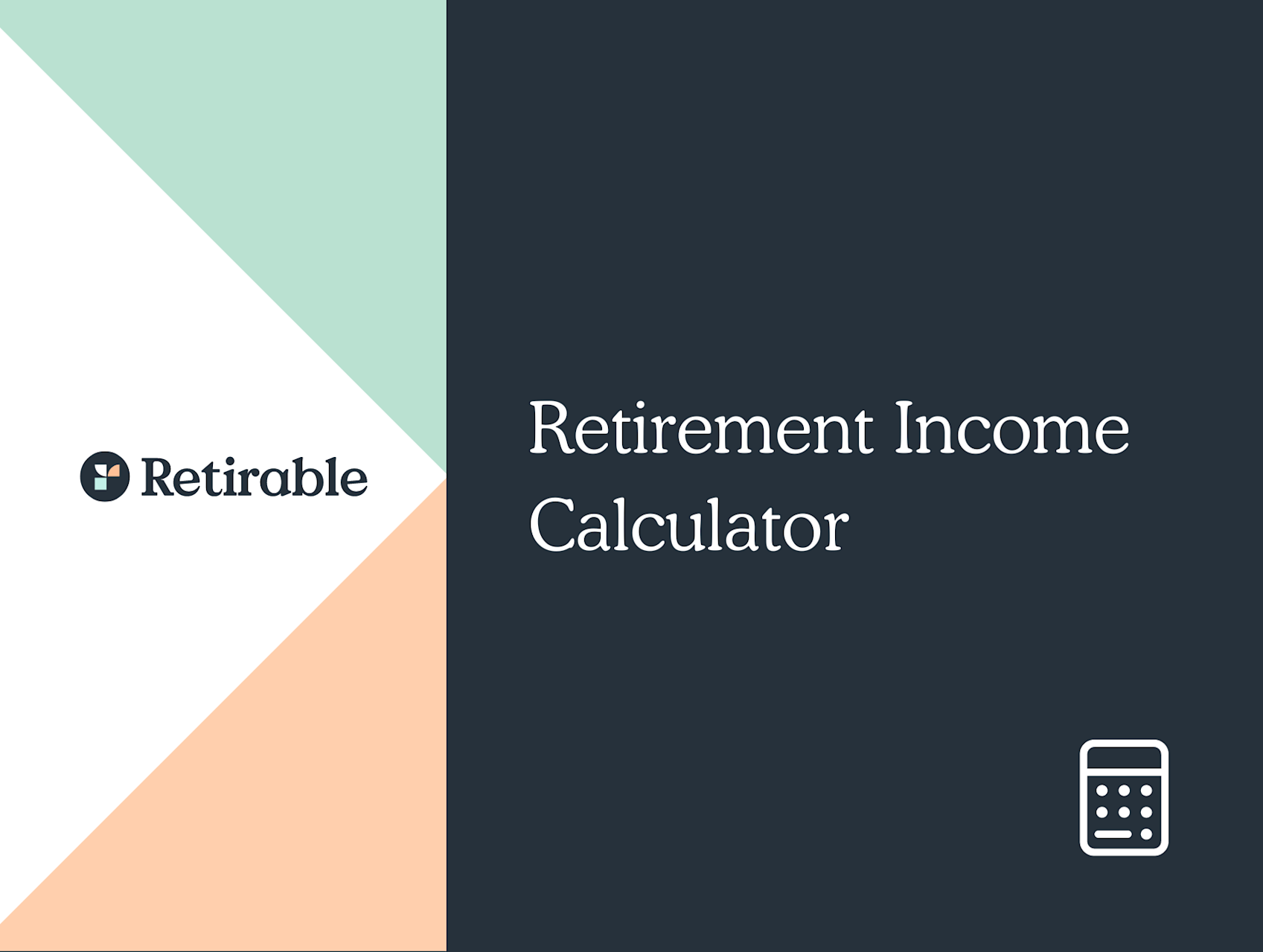Retirement Accounts
Economists and investment professionals have proposed many rules for investment strategies over the years, including the well-known “100 Minus Age” rule. It’s been a number of years since the rule was suggested, so let’s take a look at what it means and if it’s still relevant in today’s economy.

C.E Larusso
•
Published September 7th, 2022
Key Takeaways
The “100 Minus Age” rule dictates the proportion of your investment assets you should allocate towards stocks and how much to bonds.
Age is not the only factor that should dictate asset allocation. Your investments should be based on your personal goals, current assets, future income potential, and many other factors.
There is some strong data to suggest that being more aggressive with equity later in life can be beneficial.
Economists and investment professionals have proposed many rules for investment strategies over the years, including the well-known “100 Minus Age” rule. This rule dictates the proportion of your investment assets you should allocate towards stocks and how much to bonds. It’s been a number of years since the rule was suggested, so let’s take a look at what it means and if it’s still relevant in today’s economy.
The "100 Minus Age" Rule
The “100 Minus Age” rule is one way to calculate asset allocation. It states that you should subtract your age from 100, and the number that you get is the percentage you should invest in stocks, while the rest should be spent on bonds.
Here’s a quick breakdown of what that looks like by age:
30 years old: 100 minus 30 is 70, so 70% of your assets should be invested in equity, and 30% should be in debt.
40 years old: 100 minus 40 is 60, so 60% of your assets should be invested in equity, and 40% should be in debt.
50 years old: 100 minus 50 is 50, so 50% of your assets should be invested in equity, and 50% should be in debt.
As you can see, the older you get, the less money you should be putting into equity investments, per the rule. The rule follows the belief that the younger you are, the less risk-averse you can be—you have time to weather fluctuations in the stock market. As you get older, of course, you’ll need your retirement money sooner and should take a more conservative approach to asset allocation.
Practical Problems With This Rule
There are a few issues with the “100 Minus Age” rule; here are the three most notable.
- Age is not the only factor that should dictate asset allocation. Your investments should be based on your personal goals, current assets, future income potential, and many other factors. Speaking with a Certified Financial Planner (CFP®) or Retirement Advisor is the best way to understand how you should invest.
- U.S. Treasury bonds just aren’t what they used to be. In the mid-1970s through the 1980s, the interest rates on a 10-year T-bill (Treasury Rate) were between 7 and 15%, while the 2022 rates are below 3% (as of June). These lower interest rates make the case that it’s wise to invest more in stocks than the rule allows for.
- In a study by Wade Pfau and Michael Kitces, the 100-Minus Age rule performed very poorly when the stock market was in a downturn, and noted that a rising equity glide path—a strategy that suggests you enter retirement with a high allocation in bonds, which you spend while simultaneously letting your stock allocation grow—had the best outcome in the weak market scenario.
What the Research Tells Us
First, let’s look at the history. Modern portfolio theory dates back many many years—to the 1950s, in fact. A lot has changed since then, especially life expectancy. The average American today lives seven years longer than one in the 1950s, which both gives us more time to add to our investments and more time to recover from any market downspells. Some economists have suggested revising the rule to become the 110-Minus Age rule or even the 120-Minus Age rule to account for this.
Second, there is some strong data to suggest that being more aggressive with equity later in life can be beneficial. In a study published by Wade Pfau and Michael Kitces in the January 2014 Journal of Financial Planning, they observed that portfolios starting with 30% in equities and finishing at 60% had better returns than those that started with 60% and declined to 30%. Retirement Planning Is Complicated
There is no one right or wrong answer to retirement investment and planning, and it’s important to take a holistic look at your assets, your retirement goals, and your risk-aversion before committing to one approach. To understand your current outlook and how to best improve it, speak with one of Retirable’s dedicated Retirement Advisors.
Share this advice

A professional content writer, C.E. Larusso has written about all things home, finance, family, and wellness for a variety of publications, including Angi, HomeLight, Noodle, and Mimi. She is based in Los Angeles.
Share this advice

A professional content writer, C.E. Larusso has written about all things home, finance, family, and wellness for a variety of publications, including Angi, HomeLight, Noodle, and Mimi. She is based in Los Angeles.
Free Retirement Consultation
Still have questions about how to properly plan for retirement? Speak with a licensed fiduciary for free.




